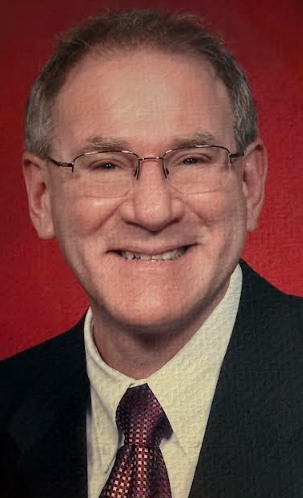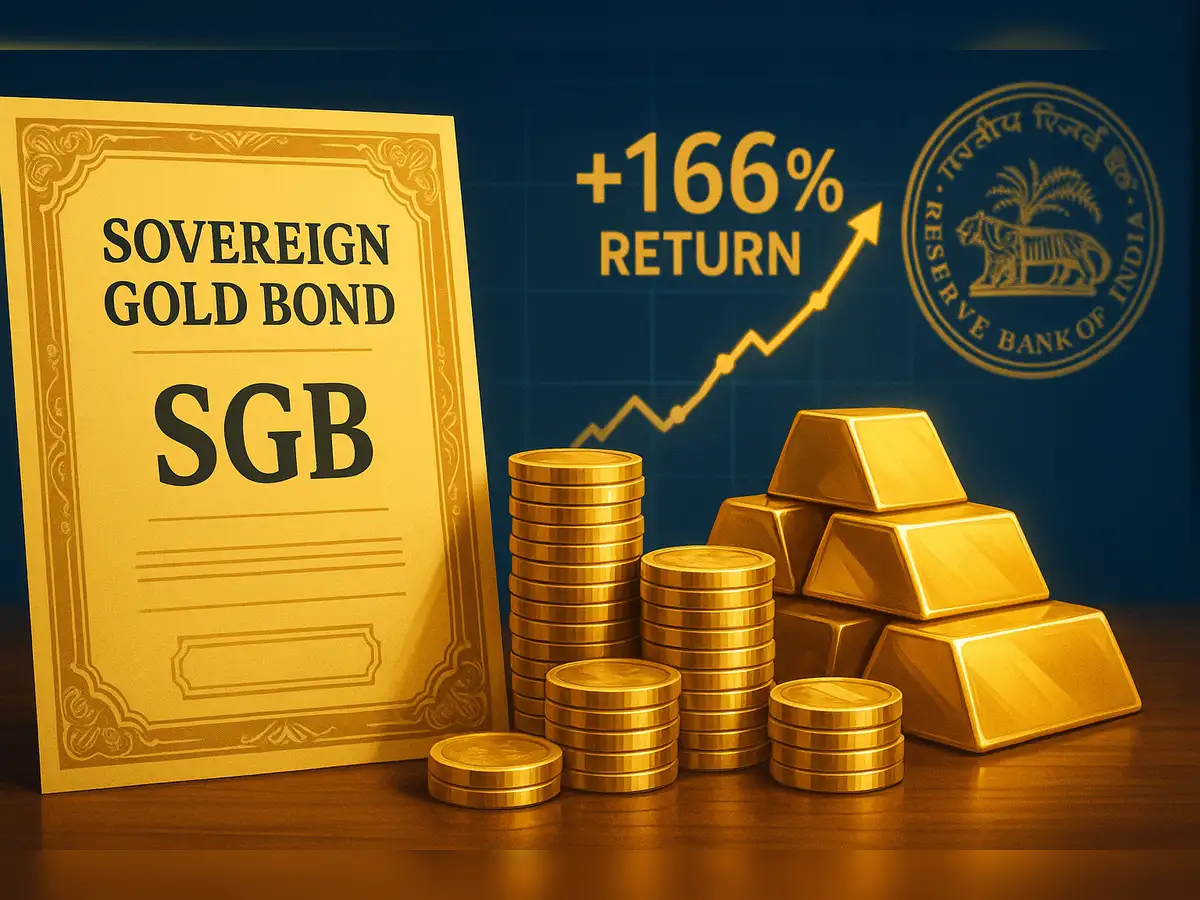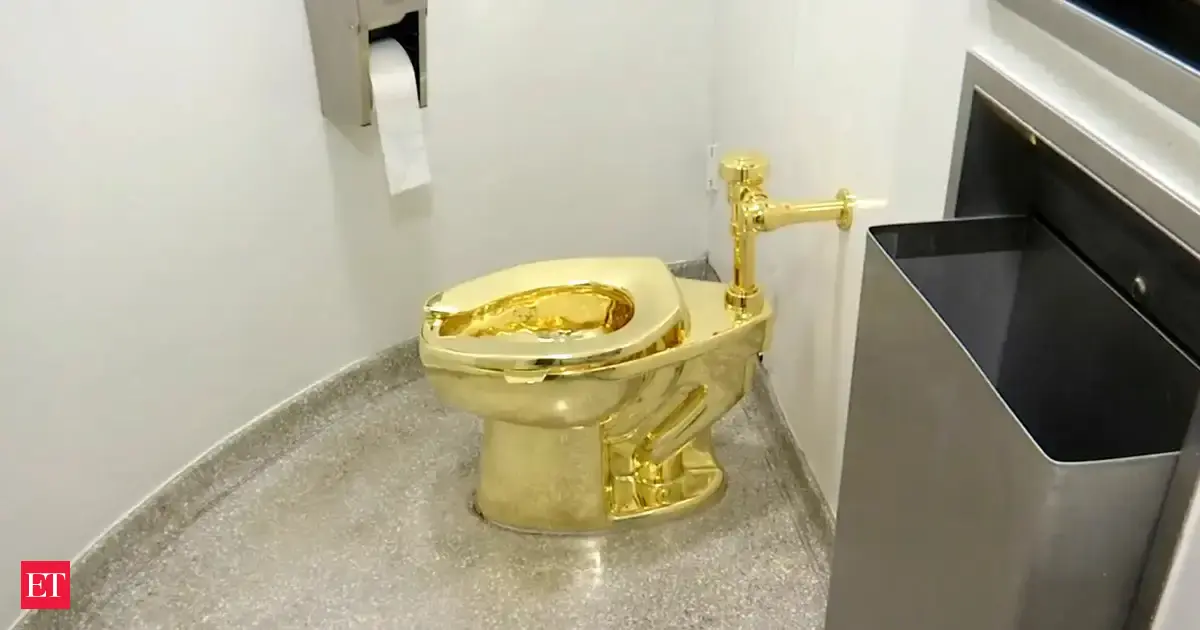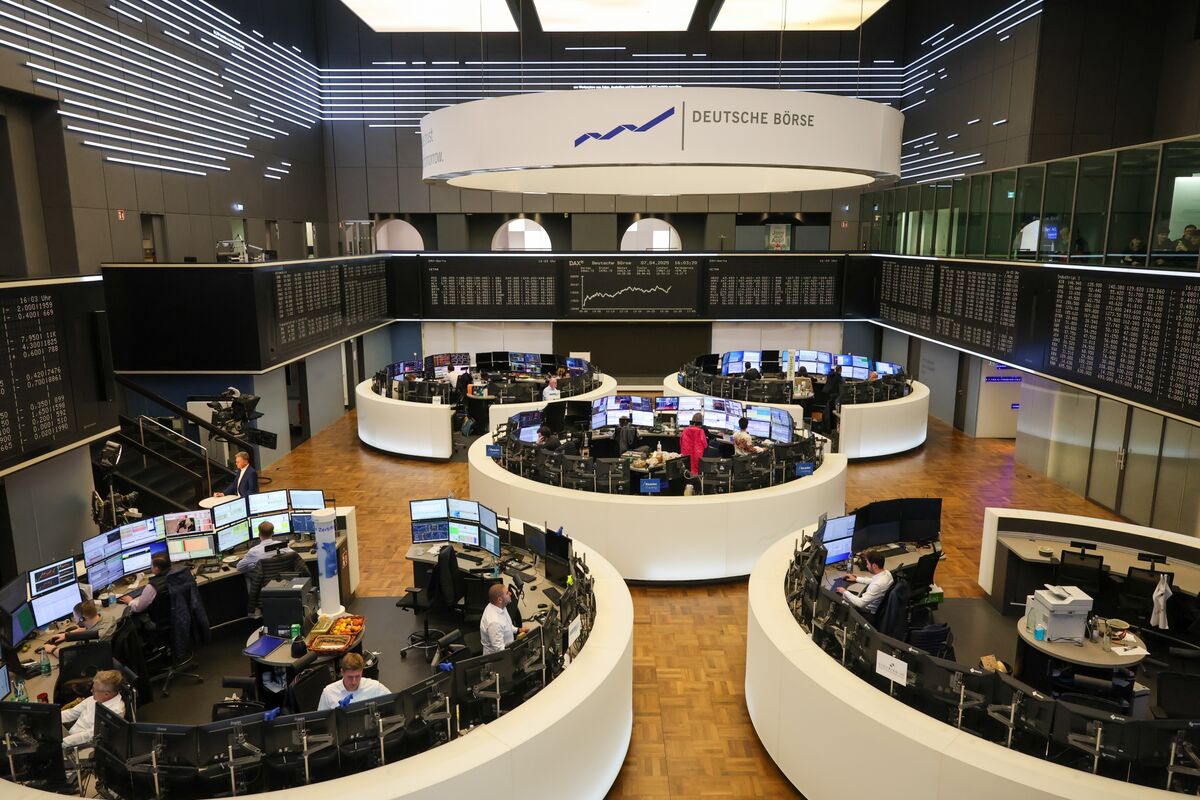Copyright Newsweek
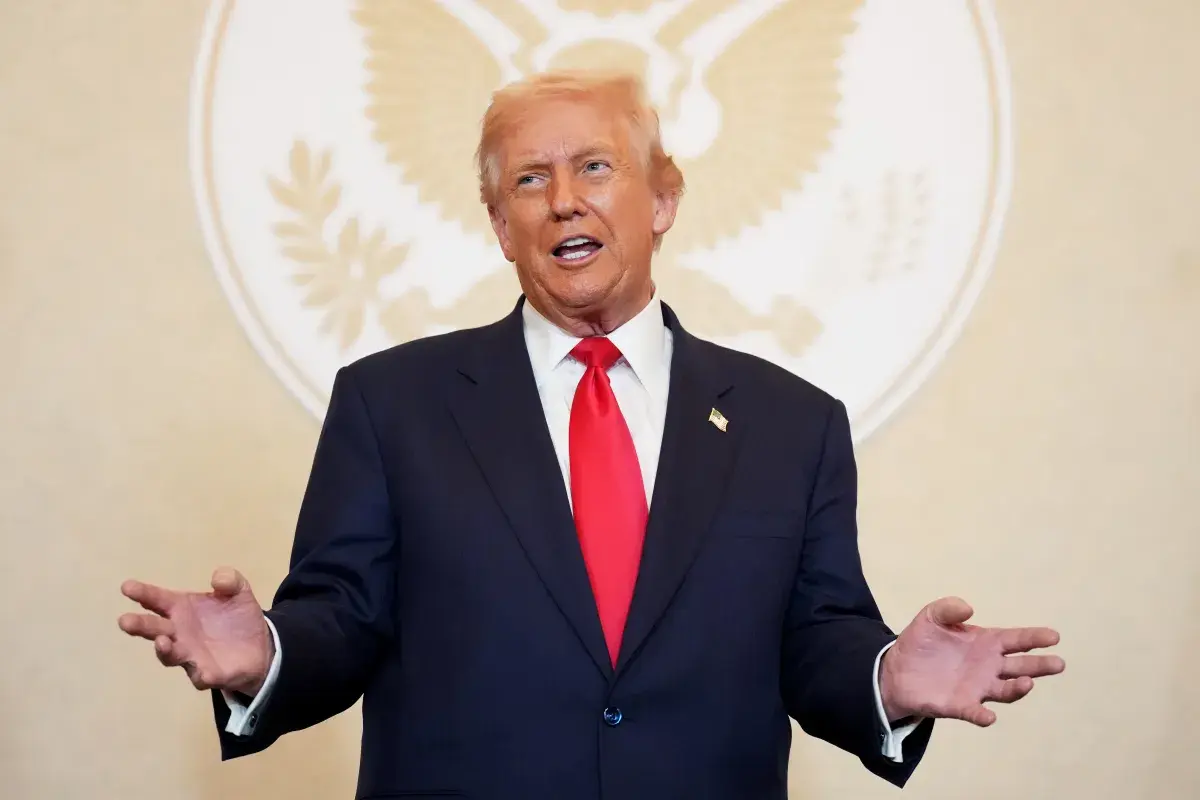
President Donald Trump voiced support for $2,000 tariff checks to Americans, but the funding for such a proposal remains murky, economists told Newsweek. Newsweek reached out to the U.S. Treasury for comment via email. Why It Matters Americans are facing economic uncertainty amid Trump’s tariffs. Critics have argued that businesses pass along heightened costs to consumers and that Americans will be paying more for goods as a result. Proponents, on the other hand, say the tariffs will bring back jobs to the U.S. The legality of the tariffs remains a question as the Supreme Court weighs a challenge to the economic policy. A rebate could help Americans facing tough economic headwinds. But economists said it would need Congressional approval, and Trump has not made public more specific details about the proposed payments. What to Know Trump floated the possibility of sending out $2,000 checks to Americans using the money the federal government has raised from tariffs. The rebate would be paid to everyone “not including high income people,” Trump wrote. However, it’s not clear if his tariffs would be enough to pay for the check. The U.S. has raised around $195 billion in customs duties in Fiscal Year 2025, according to the latest statement from the U.S. Treasury. Meanwhile, more than 163 million Americans filed tax returns this year, Internal Revenue Service (IRS) data shows. If every American who filed taxes were to receive a check, that would amount to around $1,192. Erika York, vice president of federal tax policy at the Tax Foundation, wrote to X that there are about 150,000 Americans making less than $100,000. Therefore, sending out the checks would require $300 billion. Whether or not the tariffs would be able to fund these checks depends on how the administration determines who is considered eligible. During the COVID-19 pandemic, individuals making $75,000 or more received reduced payments compared to those who made less than that threshold. Daniel Shaviro, a New York University economist, told Newsweek on Monday the funding mechanisms for the potential checks remain “unclear.” The Supreme Court’s looming decision on whether the tariffs are constitutional adds another layer of complexity, he said, noting that if they find them illegal, the government may have to refund that money to the businesses that paid them. Ryan Monarch, a Syracuse University economist, told Newsweek that the cost will depend on who is eligible, and it’s not clear how the administration would define that. Any funding not covered by what tariffs have raised would likely have to come through Congressional authorization, he said. “If you were to say the working age population that makes less than $100,000 per year, that’s about 150 million,” he said. Trump would also need to go through Congress to issue these checks, he said. “It’s not something the president can just wave a magic wand and disperse the money as they see fit,” he said. The administration could define eligibility by family, Peter Simon, ____, told Newsweek. Even then, that would cost about $260 billion, which is “more than what has been collected,” he said. He said it would be difficult to estimate how “fair” a rebate would be because “the rich spend more money, but not as a percentage of their earnings so the poor should get more back. “The tariff tax rebate—if it occurs—would not compensate for the increase in prices at the current inflation rate that his tariffs have caused,” he said. “The only other way to fund the rebates if the tariff money would not be sufficient would be getting the money from other revenues which undermines the point of a tariff rebate.” Steve Kamin, economist at the American Enterprise Institute, told Newsweek that tariffs won’t cover the rebates this year, but could do so in the future. “Going forward, projections for annual tariff revenues from the new tariffs are in a range of $200 to $400 billion, so they might or might not cover annual $2000 rebates, if that's what Trump had in mind,” he said. However, he noted that the revenue was intended to cover budgetary losses caused by the One Big Beautiful Bill Act, and that a rebate would leave a hole in the federal budget. “Therefore, the rebate represents populist pandering that will put the federal debt on an even steeper upward trajectory than before and will ultimately threaten America's productivity, prosperity, and financial stability,” he said. What People Are Saying President Donald Trump wrote Sunday in a post to Truth Social: “People that are against Tariffs are FOOLS! We are now the Richest, Most Respected Country In the World, With Almost No Inflation, and A Record Stock Market Price. 401k’s are Highest EVER. We are taking in Trillions of Dollars and will soon begin paying down our ENORMOUS DEBT, $37 Trillion. Record Investment in the USA, plants and factories going up all over the place. A dividend of at least $2000 a person (not including high income people!) will be paid to everyone.” Mark Williams, a master finance lecturer at Boston University's Questrom School of Business, told Newsweek: “Revenues raised from tariffs are grossly insufficient, only covering about 30 percent of the proposed $2,000 per person check. For 2025, Trump’s customs duties have produced approximately $200 billion in tariff revenue or under $600 per person. If the Supreme Court strikes down the International Emergency Economic Powers Act, and determines these tariffs are illegally, projected customs revenue would drop in half. Assuming these tariffs are upheld by the high court, to cover the $1,400 per person shortfall, the US deficit would have to increase by $476 billion annually.” Treasury Secretary Scott Bessent said on ABC News’ This Week on Sunday: “The $2,000 divided could come in lots of forms, and lots of ways. It could be just the tax decreases that we are seeing on the president’s agenda—no tax on tips, no tax on overtime, no tax on social security, deductibility of auto loans.” What Happens Next More details about the proposed checks were yet to be announced.
